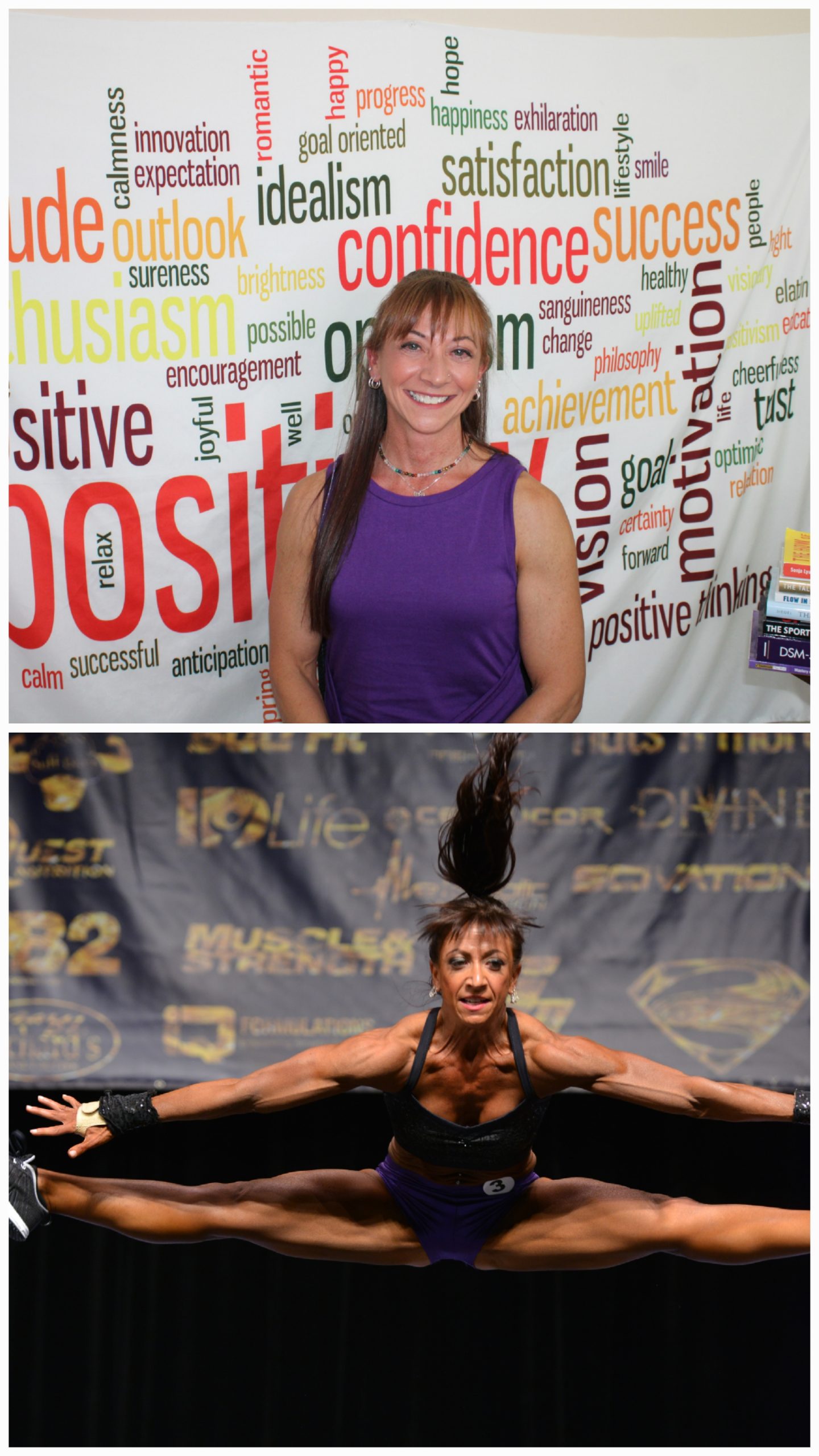
Finding the right healthcare provider, especially a therapist, is a deeply personal decision. Backgrounds matter, and I understand you likely want to know mine before making a decision. While you can find the brief overview in my “About Me” section, this post offers more insight into my professional journey and personal experiences with health and fitness, which have come together to shape my private practice.
My Journey into Health Psychology
Like many, I didn’t start college knowing where I’d end up. My initial focus was on biology and marine biology, but after taking a course in health psychology, I was hooked. Understanding how the mind and body work together fascinated me, and I realized I wanted to help people navigate the psychological aspects of health and wellness.
Health psychology spans everything from primary prevention—maintaining health before problems arise—to managing chronic conditions and even providing support during end-of-life care. My academic journey led me to earn a PhD in Clinical Psychology from the University of Florida’s Department of Clinical and Health Psychology, where I specialized in health psychology. I trained alongside medical teams, worked in hospitals, and focused on conditions like cancer and cardiovascular disease in both research and patient care.
Career Highlights and Specialization
Throughout my career, I’ve explored a wide range of health-related topics. My master’s thesis focused on the psychosocial aspects of living with chronic pain, underscoring my early commitment to understanding how mental health challenges arise from physical conditions. Later, my doctoral dissertation explored the impact of surgical interventions on the quality of life for individuals with hypertrophic obstructive cardiomyopathy, a complex heart condition.
I’ve gained extensive clinical experience in cardiac care—working with arrhythmias, heart failure, and congenital heart disease, across the lifespan. One of my passions is helping folks recover from cardiac events and return to or find new meaningful pursuits (e.g., sport, occupation, hobby), guiding them through to their “new narrative.” This holistic approach includes addressing both the physical condition and the emotional and behavioral components that are critical to well-being.
As a faculty member at Brown Medical School and the Medical University of South Carolina (MUSC), I worked within multidisciplinary teams in areas like weight management, solid organ transplant, cardiopulmonary rehabilitation, and health promotion. I also had the privilege of training future psychologists and developing interventions that help patients manage chronic health conditions, particularly in cardiovascular behavioral medicine.
One of the highlights of my career was leading two National Heart, Lung, and Blood Institute (NHLBI) grants. These projects allowed me to create interventions focused on exercise and positive emotion-based cognitive-behavioral therapy for patients with implanted cardioverter defibrillators (ICD). These initiatives embody my philosophy of integrating mental and physical health—”health and happiness”—to improve patients’ quality of life.
My Personal Athletic Journey
Athletics and fitness have been an essential part of my life. From childhood gymnastics and softball to competitive kickboxing, fitness, and bodybuilding as an adult; I’ve experienced the highs and lows of being an athlete. Injuries such as ACL tears and an emergency appendectomy tested my resilience, but each setback fueled my determination to return stronger.
These experiences taught me the importance of mental resilience, and I bring that same mindset into my work with clients. Having lived the lifestyle of an athlete, I understand the unique challenges they face. Whether training for a bodybuilding competition or recovering from an injury, I’ve learned that mental toughness is just as crucial as physical strength.
I believe in “walking the talk”—practicing the same strategies I recommend to my clients. From time management to nutrition, I integrate research-based practices into my own life, modeling the habits that promote overall wellness.
Bringing It All Together
In 2022, I opened my private practice to focus on performance and sports psychology, while continuing my work in behavioral medicine at MUSC. Since July 2024, I’ve transitioned to full-time private practice, combining my experiences in clinical psychology, performance and sports psychology, and health promotion.
I describe my practice as focusing on “all things health.” This includes mental and physical health, helping individuals achieve their best selves, whether through improved performance, managing anxiety, or navigating life changes. My background in clinical psychology allows me to offer a comprehensive approach to mental well-being.
From self-actualization and peak performance to managing anxiety and depression, or other mental health conditions, I tailor treatments to each individual’s needs. My approach blends science-backed strategies with real-life experience and years of practicing my expertise, balancing physical and mental health.
My Approach: Flexibility, Resilience, and Happiness
Throughout my career, I’ve worn many hats—working in research roles, clinical settings, and now in private practice. At each stage, I’ve learned the importance of flexibility and resilience—qualities I help my clients cultivate. Whether you’re struggling with mental health concerns or looking to optimize your performance, I’m here to help you develop a personalized plan for success.
If you’re ready to take the next step towards feeling your best, let’s work together to create a game plan that works for you.
For more information or to schedule a free consultation, visit my website at evaserber.com.
Today prepares you for tomorrow. Anything of value requires ongoing, consistent effort.
– Eva Serber, PhD, LLC
